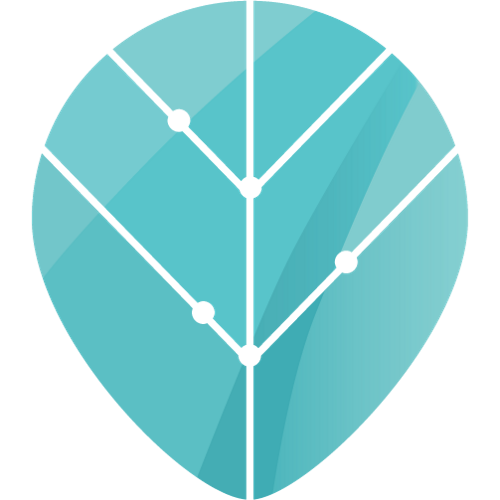Few things take more energy than making a tough decision. Whether you’re faced with a difficult choice at work or in your personal life, it can be draining — not to mention stressful — when unfinished business is hanging over your head, and you’re not quite sure which path to take. And when we let our stress and anxiety get the best of us, that’s often when our decisions become even more difficult.
A 2016 study from the University of Pittsburgh found that anxiety can disengage the prefrontal cortex, an area of the brain that is crucial to making decisions. And what’s more, feeling stressed out can make you more self-focused, thus more likely to ignore the ways your decisions could negatively impact others. Although some stress is destined to come with big life decisions, like choosing which house to buy or which college to attend, when it finally comes time to make that choice, there are ways to navigate the process to make it more manageable.
Most of us will take the time to map out a trip before we get into the car or train and head to our final destination — so why don’t we treat a difficult decision the same way? Taking a step back and deciding how you will decide can help you cut down on stress and time when wrestling with a hard choice. This process is what Thomas H. Davenport, a professor of information technology and management at Babson College, refers to as meta-decision analysis in a recent Harvard Business Review piece. Meta-decision analysis is not as complicated as it might sound; it simply involves a bit of reflection and the willingness to be compassionate yet honest with yourself. These tips will make the process leading up to your decision more straightforward and less stressful.
Identify the most important factors
Jennifer Lerner, Ph.D., a professor of public policy, decision science, and management at Harvard, tells Thrive that a good first step in carving out a decision pathway is to identify the dimensions that matter most to you. Lerner calls these “diagnostic cues.” Then, identify the things that might grab your attention but truly won’t matter in the outcome, or the “non-diagnostic cues.”
“For example, if you’re trying to decide which surgeon to see for an upcoming procedure, focus on diagnostic cues like how many times she or he has performed the procedure in the past, and whether she or he went to a leading medical school. Do not focus on non-diagnostic cues like what the surgeon looks like or whether the furniture in their office is plush,” Lerner says. By first identifying the factors most meaningful to your decision, you’ve narrowed down what you need to think about and eliminated things that aren’t worth the headspace.
Ye Li, a professor of marketing and management at the University of California Riverside who studies judgment and decision making, tells Thrive that reflecting on the ABCs of decision making — our decision alternatives, beliefs about the uncertainties, and consequences of each alternative — can also help us figure out what will be important in our decision.
Declare a deadline
Determining a due date for your decision is perhaps one of the most important components of meta-decision analysis, Davenport writes in Harvard Business Review, “because the due date for a decision will guide many other aspects of your approach.” Davenport says assessing your timeline can help you determine if, for example, you should get other people involved in your decision, or use research or data as an aid. Some decisions come with unavoidable deadlines, like if you need to accept or decline a job offer by a specific date. Others might not have such strict time constraints, but still need a sort of self-imposed deadline so you don’t spend all your time on one choice and neglect your other responsibilities and needs.
While some research claims that less time can result in less thoughtful decision-making, other research shows that the benefits of time constraints far outweigh the drawbacks; setting a timeline on your decision can reduce decision bias, increase creativity and productivity, and help you avoid decision paralysis. Let your deadline guide you.
Meditate on it
There is a great deal of science that shows just how effective meditation is in lowering stress and enhancing focus, emotion regulation, and compassion — all of which are benefits to an easier, more straightforward decision-making process. If you’re feeling overwhelmed by an impending decision, it might be a good time to find a quiet place to complete mindfulness practices or breathing exercises. Whether you give transcendental meditation a try or simply focus on taking deep belly breaths, both can help you lower stress and clear your mind, allowing you to recenter and consider your choices more carefully and without distraction.
Tough decisions are simply part of life, but that doesn’t mean we can’t take specific steps to make them a bit easier. Considering how you’d like to approach your decision before you actually make it will give you time to think, breathe, and focus on what matters most.
Want to share your story of how you thrive? Write to us at [email protected]


